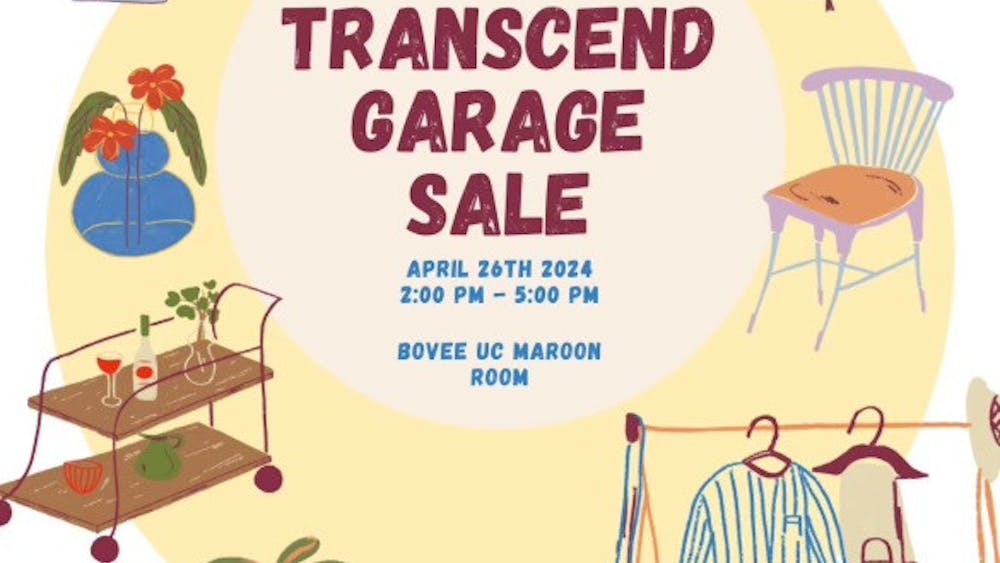Faculty, administrators discuss executive immigration order at open forum
Wafa Hozien thinks President Donald Trump has pitted Americans against each other.
The assistant professor of Educational Leadership was one of several faculty members who spoke about Trump’s immigration executive order at a forum in front of nearly 30 people on Friday in the Charles V. Park Library Auditorium.
“I was always taught that the United States of America does not discriminate against people based on religion or national origin,” said
The forum was organized by Sapphire Cureg, director of the Office of Diversity Education, to inform students and faculty about potential impacts from the executive order.
Trump signed an executive order on Jan. 27 blocking refugees and citizens from Iraq, Iran, Libya, Somalia, Sudan,
The panel of speakers included Carolyn Dunn, associate vice president of institutional diversity, David Brittain, assistant director of the Office of Civil Rights and Institutional Equity, and Tracy Nakajima, director of International Student and Scholar Services.
Brittain clarified misinformation in regard to the executive order and offered recommendations from legal analysts. Brittain said the views expressed at the forum were not necessarily the views of the university.
Brittain said the order does the following:
Nicholas Banahene, a graduate student from Ghana, feels the atmosphere in the country is “chaotic.” He’s concerned for himself and fellow international students who wish to visit their homes overseas.
“It’s painful being in a different country where you aren’t appreciated and everyone seems to be against you,” Banahene said.
Freshman Brice Tucker said he’s concerned about the precedent Trump is setting for the country.
“It’s a slippery slope,” said Tucker, a Flint native. “There’s been 20 executive orders in the past two weeks. That’s not democracy to me.”
“Don’t be afraid to walk up to a Muslim and say hello,” she said. “I really believe that a smile is contagious. If you smile at a person, they’re going to smile back, whether they’re a Muslim or not.”
“Nobody wants to be a refugee, nobody wants to be away from home,” she said. “Every minute there are 24 people displaced. Don’t think the Syrian people want to come to the United States of America — they don’t. They want to be home.”
Staff Reporter Greta Ginter contributed to this story.




